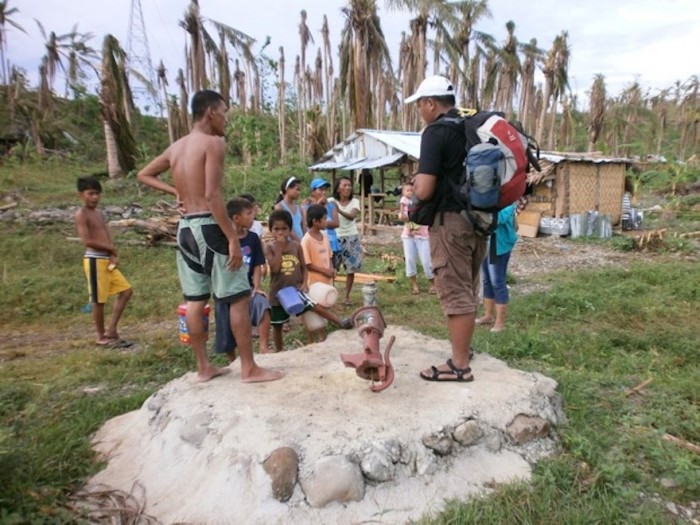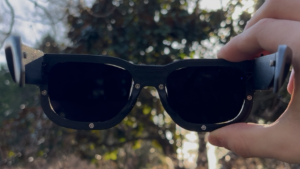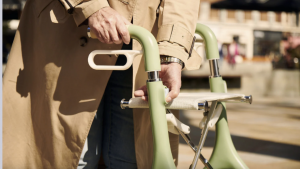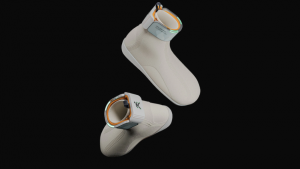
When Typhoon Haiyan hit the Philippines in 2013, it left a wake of damaged infrastructure in its path. Today, the impact of the cyclone is still felt in many areas including Tolosa, a small municipality in the east. Water and power systems have been left in ruins, resulting in a lack of clean water sources. To help the locals access clean water, an initiative called Tolosa Water Systems is introducing a new water filtration system to communities worst affected by the typhoon.
Led by a group of MBA students from the National University of Singapore, Tolosa Water Systems plans to create a sustainable and centralised water supply for twelve Tolosa villages by installing solar-powered water pumps and biosand filtration units. Relying on natural resources, one filter system requires only sand and sun to produce between 5000 and 10 000 gallons of clean water a day, which is significantly more than the village’s daily requirements.
Locals collect unsafe water from wells, making them susceptible to waterborne diseases and harmful bacteria. The biosand units filter the dirty water through layers of sand to remove any contaminants, and an additional layer of microorganisms consumes any trace of disease-causing pathogens. The solar-powered pumps take advantage of the eleven hours of sunshine every day to drive the whole process.
Having just received funding from multinational gas and oil company Total, the students are ready to start implementing the filtration systems in collaboration with the Philippine non-profit organisation, SIBAT.






